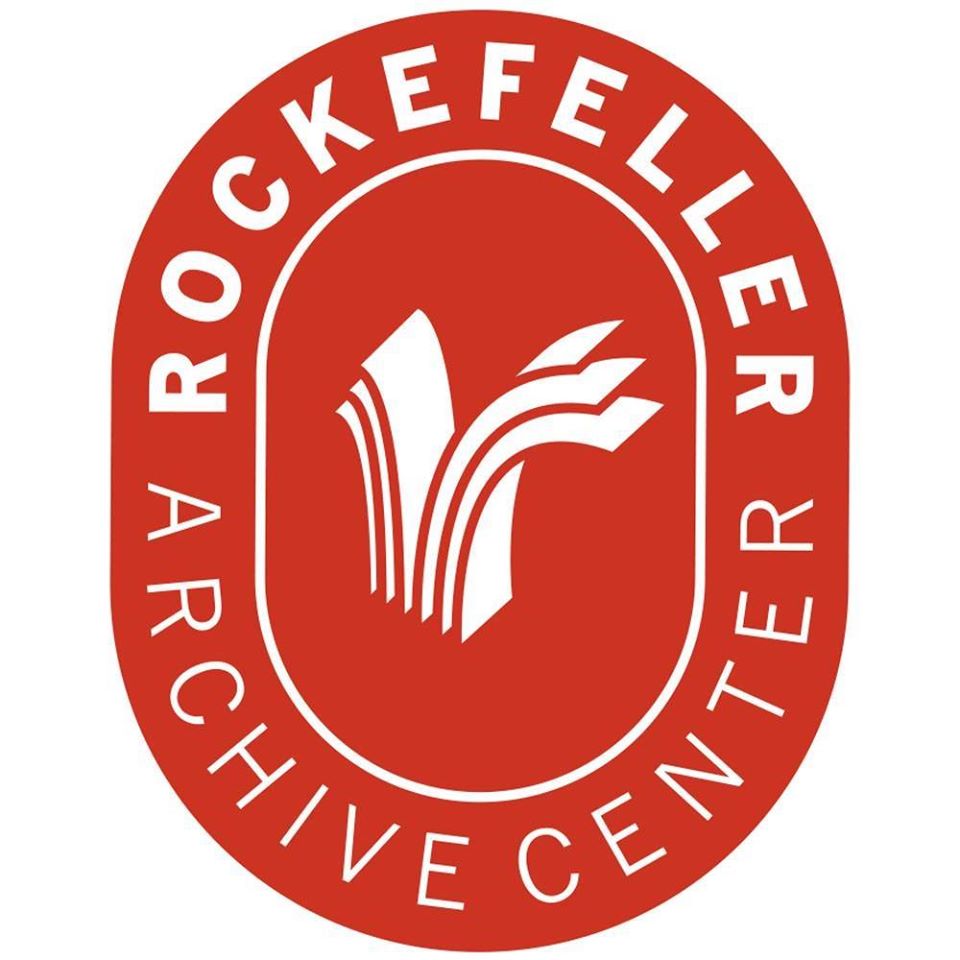Organized according to interview and visit, Fahs discusses projects and proposals with professionals in the field of humanities. He is involved in the progress of Humanities Division programs, selection of fellows and grant in-aid, and development of new research. The aims of the Humanities Division are to identify and stimulate new cultural growth, assist in interpretative studies of recent history, assist in American studies in other countries, fund creative writing and initiate major grants in music and other arts. Fahs takes a trip to Pittsburgh and visits MIT to survey their project on the aesthetic problems of city planning.
Search Results
Commonwealth Fund records, Harkness House drawings, SG 2, 1907-1984 61.64 Cubic Feet
Consists of approximately 700 oversized drawings ranging in date from James Gamble Rogers originals in 1907 through the renovations completed in the 1980s.
Footage from 1931-1933 documenting the George Atwell Construction Company laying the foundation and constructing Rockefeller Center in New York City. Currently only available with timecode.
Ford Foundation records, Press Materials, 1951-2002 64.91 Cubic Feet
Collection contains different types of press materials from 1951 to 2002 that document the Ford Foundation's efforts to both publicize itself in the news and acquire documentation of media commentary on its ventures. Within the collection, press releases appear as the most used publicity tool for promoting the Foundation, while press clippings appear as the primary means for collecting media commentary on the Foundation's activities. Most of the press clippings found within the collection were submitted to the Foundation's Office of Communications by press clipping service providers Burrelle's Information Services and Luce Press Clippings in the 1990s and early 2000s.
Documenting the buildings and grounds at Kykuit, the Rockefeller home in Pocantico Hills, NY.
The bulk of the Simpson family papers consists of correspondence and photographs. Most of the correspondence, which is contained in seven folders, covers 1929-1939, the period during which the carriage road system was completed. The principal correspondents are Paul D. Simpson and Rockefeller and his office staff. The intimate nature of the working relationship between the Simpsons and Rockefeller is evident from their familiar, sometimes daily correspondence, which discusses construction techniques and problems, the establishment of boundary lines, and neighbors' concerns about the project. Other topics include the purchase of land lots, the placement of the roads, legal and engineering issues, and the countless minutiae generated by the long-term, extensive construction project. There also are scattered letters to and from other members of Rockefeller's design team, including the Olmsted Brothers firm, Grosvenor Atterbury, who was the architect for the Jordan Pond and Brown Mountain gatehouses, and Beatrix Farrand.
Organized according to interview and visit, Fahs discusses projects and proposals with professionals in the field of humanities. He is involved in the progress of Humanities Division programs, selection of fellows and grant in-aid, and development of new research. The aims of the Humanities Division are to identify and stimulate new cultural growth, assist in interpretative studies of recent history, assist in American studies in other countries, fund creative writing and initiate major grants in music and other arts. Fahs tours the Far East to focus on RF projects in intercultural studies and the arts.

